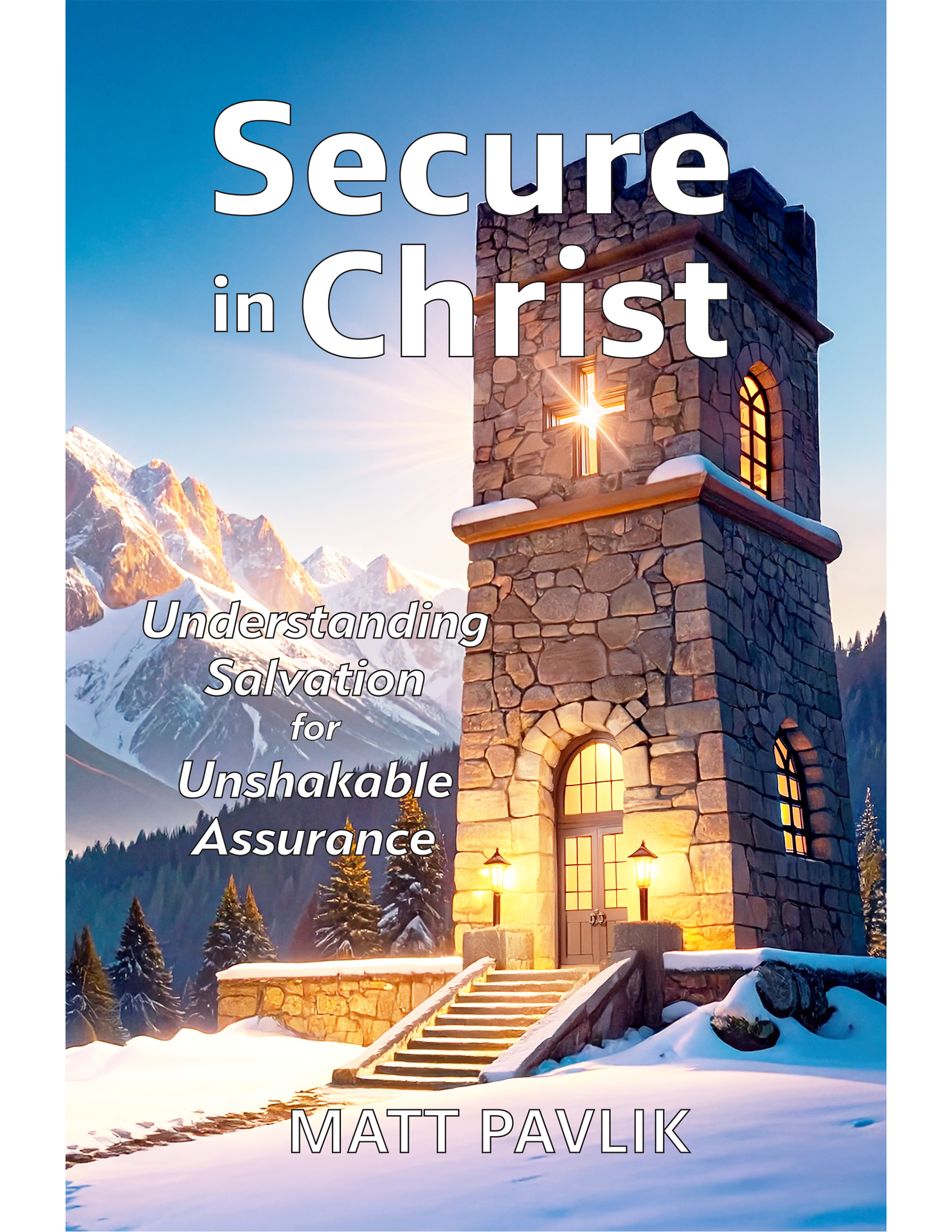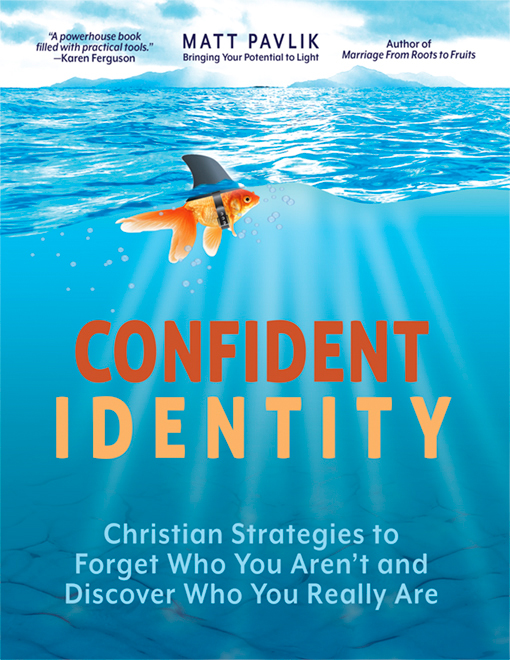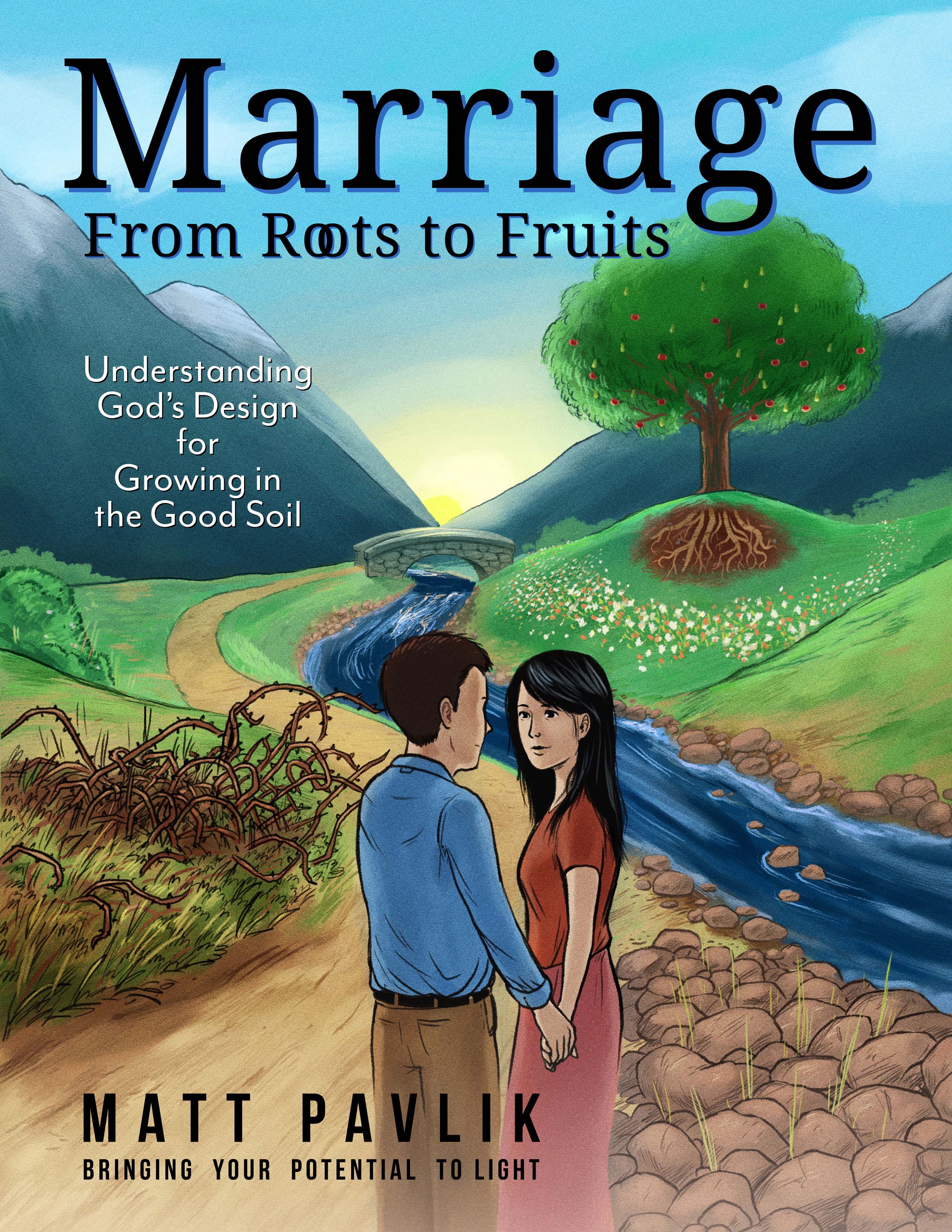Decision-making is challenging to the degree people are reluctant to make use of a worldview. In this context, a worldview is a set of prioritized values (convictions) that you can use to evaluate opportunities.
Making a decision requires discriminating between alternatives. To discriminate means to judge one opportunity as better than another. People who don’t like to be judgmental can therefore struggle to make decisions. For everything elevated as more valuable, there must be something else devalued. People who like to people-please can be reluctant to make a decision when no option will leave everyone happy.
You can become confused when you have too many options and no way to either emphasize the best ones as superior or eliminate the worst ones. You have two alternatives to make this decision-making easier. First, by choosing the best option, you don’t have to declare any option as bad (a more positive approach). Second, by rejecting the worse option, you can completely eliminate it from consideration (a more negative approach). Different personalities might prefer one alternative over the other.
Decision-Making with Spiritual Discernment
You can formulate your worldview with spiritual discernment. God is good. The devil is evil. Worldviews simplify decision-making options into right or wrong. Racism and other unhealthy discrimination result from choosing other categories for evaluation. Instead of good or evil, people choose false dichotomies like black or white, conservative or liberal, male or female, native or foreign. These are false dichotomies because, for example, while a person can only be born male or female, sex doesn’t determine if a person is right.
When a person refuses to believe God is 100% good and all other options are 100% evil, they must choose their own categories for evaluation. The problem with this is that people will then evaluate based on past experience (prejudice) rather than God’s standard of truth (objective right and wrong).
What do you base your worldview on?
Decision-Making with Personality
Almost all decision-making can benefit from spiritual discernment. Even a simple decision about what kind of car to buy can have moral implications. You might have plenty of money, but should you buy the most expensive car you can afford or should you buy the less expensive one and use the difference to help someone?
You might prefer to eat at one restaurant but your friend prefers another. Your preference isn’t right or wrong, but what you end up choosing could be, if your selfishness harms your friend. This situation requires a balance between following what you want and doing no harm to your friend. The more mature a person is, the more they can put aside (temporarily) what they want (or believe) in order to care for another person. Loving others takes precedence over having life go your way all the time.
In a three-legged race, two people are tied together, so they must run at the same speed or else they will come apart or fall down. If one person attempts to run faster than the other, just because they are a better athlete, that person achieves nothing. Members of a team all win or all lose together. Running faster means little if doing so will injure your partner’s leg. Is winning a race worth more than a person’s health?
The context of Romans 14 is eating food that has been sacrificed to idols, but the basic principle applies.
Don’t let your appetite destroy what God has done. All foods are fit to eat, but it is wrong to cause problems for others by what you eat. It is best not to eat meat or drink wine or do anything else that causes problems for other followers of the Lord. What you believe about these things should be kept between you and God. You are fortunate, if your actions don’t make you have doubts. But if you do have doubts about what you eat, you are going against your beliefs. And you know that is wrong, because anything you do against your beliefs is sin.
Romans 14:20-23 CEV
Decision-Making with Freedom
You are free to choose whatever you want, as long as you don’t go against your convictions and you don’t lead someone else to go against their convictions. God says such actions would be wrong because they are destructive.
God wants you to develop your worldview, which includes your preferences, convictions, and spiritual discernment. With a well-defined worldview, decision-making can be a positive, pleasant experience.
I have two points of clarification before I finish. Personal boundaries can possibly be in tension with the consideration of others. I’m not going to go into detail here, but Paul has written plenty about following what is right and confronting what is wrong. So, in Romans 14, when Paul suggests we should deny ourselves what we want it is for the sake of preserving the conscience of a fellow believer who is genuinely distressed about the practice of their faith. Otherwise, this would be abusive to the person who lacked faith. He is not saying anyone should submit their God-given ability to make healthy personal choices to a bully. This would be allowing someone to abuse you.
Consider too that emotional immaturity is similar to a lack of faith. Those who are more mature must bear with those who can’t yet help themselves. Again, this doesn’t mean you give in to their every desire, but that you treat them with patience and understanding to minimize creating unnecessary distress for them.
As an exercise, make a list of areas where you need extra understanding because you are insecure and another list where you are confident. How does it feel to be in each position?
Read about boundaries and being assertive.
Image by Gerhard G. from Pixabay
Matt Pavlik is a professional counselor, author, and devoted follower of Christ. With decades of experience in Christian counseling, he writes with theological depth and everyday clarity. His resources—centered on salvation, identity, marriage, and emotional healing—are anchored in Scripture and guide believers to discover the freedom of their identity in Christ and the security of their salvation in Him. He and his wife Georgette, married since 1999, live in Centerville, Ohio, and have four adult children.




Leave a Reply